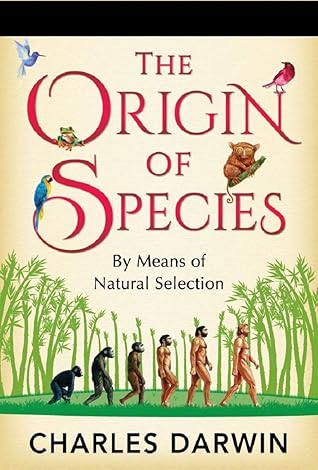More on this book
Community
Kindle Notes & Highlights
Read between
January 24 - March 5, 2021
In animals it has a more marked effect; for instance, I find in the domestic duck that the bones of the wing weigh less and the bones of the leg more, in proportion to the whole skeleton, than do the same bones in the wild-duck; and I presume that this change may be safely attributed to the domestic duck flying much less, and walking more, than its wild parent.
Kevin Mora liked this
A much more important rule, which I think may be trusted, is that, at whatever period of life a peculiarity first appears, it tends to appear in the offspring at a corresponding age, though sometimes earlier. In many cases this could not be otherwise: thus the inherited peculiarities in the horns of cattle could appear only in the offspring when nearly mature;
Kevin Mora liked this
A corollary of the highest importance may be deduced from the foregoing remarks, namely, that the structure of every organic being is related, in the most essential yet often hidden manner, to that of all other organic beings, with which it comes into competition for food or residence, or from which it has to escape, or on which it preys.
Kevin Mora liked this
Isolation, also, is an important element in the process of natural selection. In a confined or isolated area, if not very large, the organic and inorganic conditions of life will generally be in a great degree uniform; so that natural selection will tend to modify all the individuals of a varying species throughout the area in the same manner in relation to the same conditions.
Kevin Mora liked this


